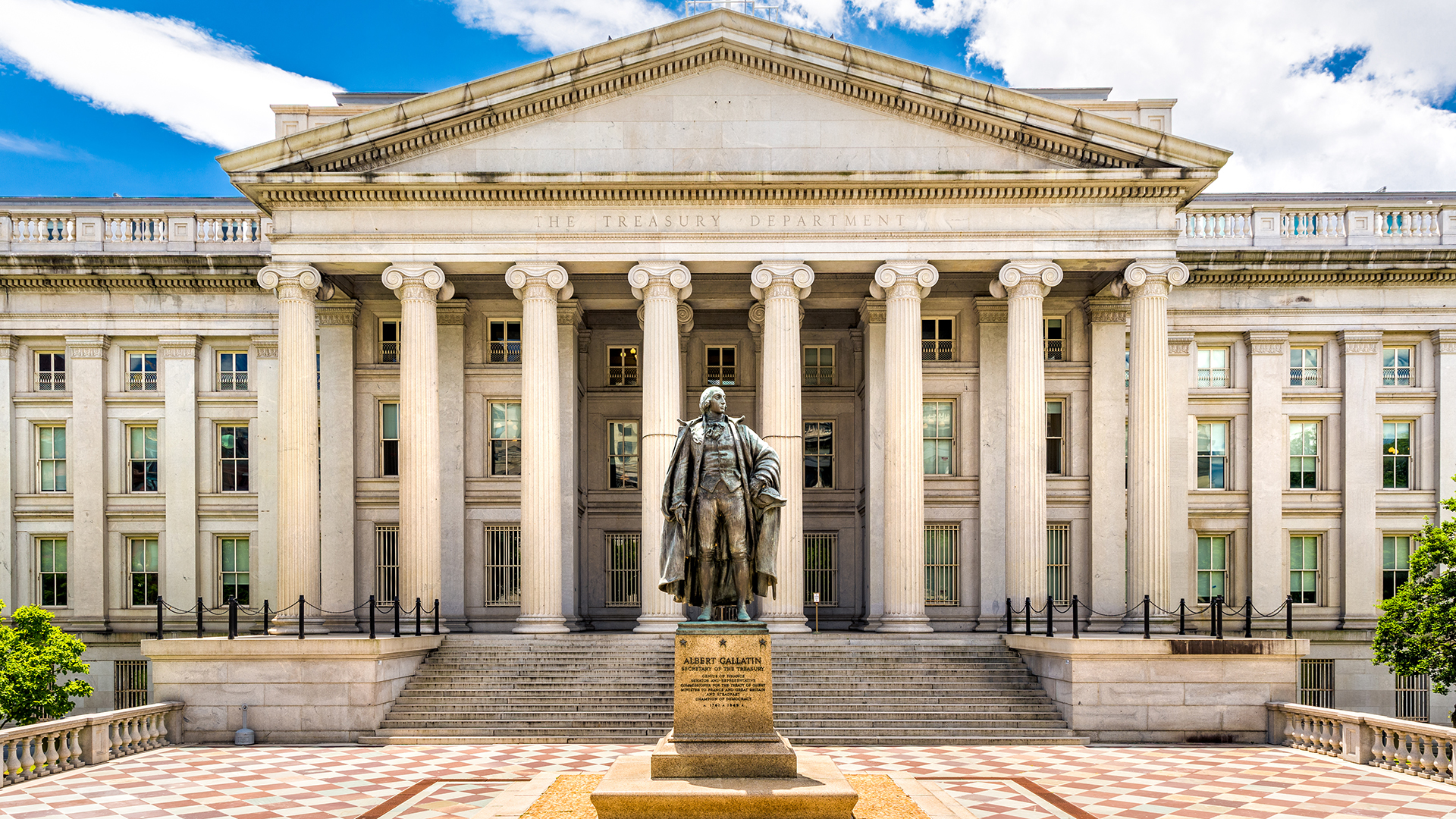Banking
Learn
Savings Accounts
Checking Accounts
Certificate of Deposit
Money Market Accounts
Credit Unions
Loans
Interest Rates
Reviews
Get Started
Best Savings Accounts
Best Checking Accounts
Best CD Rates
Best Money Market Accounts
Best National Banks
Best Online Banks
Best Regional Banks
Best Credit Unions
Best Bank Promotions
Find The Best Bank For You
Investing
Learn
Stocks
Bonds
Cryptocurrency
Brokerages
Funds
Real Estate
Your Strategy
Reviews
Get Started
Best Online Brokerages
Best Investing Apps
Best Mutual Funds
Best Stocks for Beginners
Best Robo-Advisors
Cheap Stocks to Buy New
Best Cryptocurrency to Buy Now
Next Big Cryptocurrency
Find The Best Bank For You
Retirement
Learn
401k
IRAs
Social Security
Annuities
Savings Advice
Get Started
Best IRA Providers
Best Roth IRA Providers
Best 401k Companies
Best 401k Plans
Retire Early
Best Online Banks
Best Regional Banks
Best Credit Unions
Best Bank Promotions
Retirement at Any Age
Retirement at Any Age
Credit Cards
Learn
News & Advice
Rewards
Retail
Business
Reviews
Get Started
Best Credit Cards
Best Reward Cards
Best Cash Back Cards
Best Balance Transfer Cards
Check Credit
Raise Credit
Repair Credit
Find The Best Card For You
Live Richer™
Learn
Saving Money
Money
Shopping
Budgeting
Home Tips
Side Gigs
Net Worth
Financial Planning
Taxes
Get Started
Create a Budget
Tackle Debt
Know Your Net Worth
Find a Side Job
Your Money Champion
Pay off Your Mortgage
Live Richer Podcast
Find The Best Bank For You
Trending
Trending Topics
News & Events
Crypto on the Go
Travel Rich
Filing Taxes 2022
Back to School Finances
GEN Z: The Future of Finances
Small Business Spotlight
Financially Savvy Female
Economy Explained
Top Money Experts
Retirement at Any Age
GOBankingRates Newsletters
Retirement at Any Age
Many of the offers appearing on this site are from advertisers from which this website receives compensation for being listed here. This compensation may impact how and where products appear on this site (including, for example, the order in which they appear). These offers do not represent all available deposit, investment, loan or credit products.
The Treasury Department fined crypto trading platform Bittrex $29 million for apparent violations of sanctions against Cuba, Ukraine-related, Iran, Sudan and Syria — representing the largest virtual currency enforcement action to date, according to a statement.
The Future of Finances: Gen Z & How They Relate to Money
Looking To Diversify in a Bear Market? Consider These 6 Alternative Investments
Bittrex agreed to pay $24.2 million to the Treasury’s Office of Foreign Assets Control (OFAC) to settle its potential civil liability for 116,421 apparent violations of multiple sanctions programs, according to the department.
“As a result of deficiencies related to Bittrex’s sanctions compliance procedures, Bittrex failed to prevent persons apparently located in the Crimea region of Ukraine, Cuba, Iran, Sudan and Syria from using its platform to engage in approximately $263,451,600.13 worth of virtual currency-related transactions between March 2014 and December 2017,” OFAC said in a notice.
Ari Redbord, the head of legal and government affairs at blockchain intelligence company TRM Labs, said, “We have now seen a series of enforcement actions — call them the Bit-actions — against cryptocurrency businesses Bitpay, Bitgo and now Bittrex. And they are all for essentially the same thing — that is, for not having the compliance infrastructure in place to stop users in sanctioned jurisdictions such as Iran from transacting on their platforms.
“OFAC — through these actions and October 2021 guidance — has made clear that it expects businesses to have blockchain intelligence tools like TRM Labs as well as geofencing tools in order to mitigate sanctions risk.”
Redbord added that one key point to remember is that this activity occurred between 2014 and 2017 — early days for crypto compliance.
“I think you would find a very different program in place today,” he said.
OFAC Director Andrea Gacki said in a statement that when virtual currency firms fail to implement effective sanctions compliance controls, “they can become a vehicle for illicit actors that threaten U.S national security.”
“Virtual currency exchanges operating worldwide should understand both who — and where — their customers are,” Gacki said. “OFAC will continue to hold accountable firms, in the virtual currency industry and elsewhere, whose failure to implement appropriate controls leads to sanctions violations.”
Bittrex said, “As a growing company, during the period in question, we routinely assessed and improved these functions,” according to CNBC.
This latest development is part of a recent string of enforcement actions against crypto companies, notably Ethereum-based cryptocurrency mixer Tornado Cash, which OFAC sanctioned in August.
OFAC said in August that Tornado Cash “has been used to launder more than $7 billion worth of virtual currency since its creation in 2019. This includes over $455 million stolen by the Lazarus Group, a Democratic People’s Republic of Korea (DPRK) state-sponsored hacking group that was sanctioned by the U.S. in 2019, in the largest known virtual currency heist to date.”
More From GOBankingRates
Share This Article:
Sponsored Links by Zergnet
Every day, get fresh ideas on how to save and make money and achieve your financial goals.
Advertiser Disclosure: Many of the offers appearing on this site are from advertisers from which this website receives compensation for being listed here. This compensation may impact how and where products appear on this site (including, for example, the order in which they appear). These offers do not represent all available deposit, investment, loan or credit products.
Sign up for our daily newsletter for the latest financial news and trending topics.
For our full Privacy Policy, click here.

